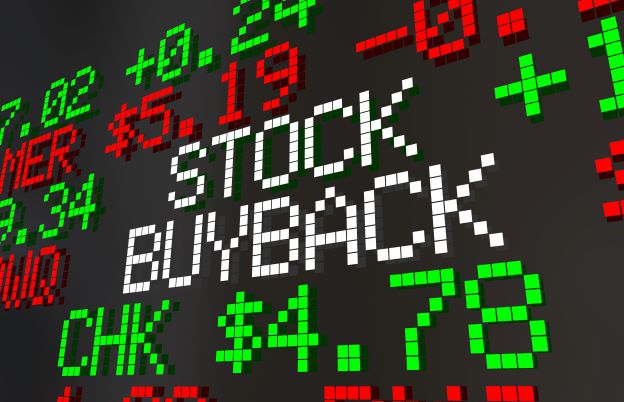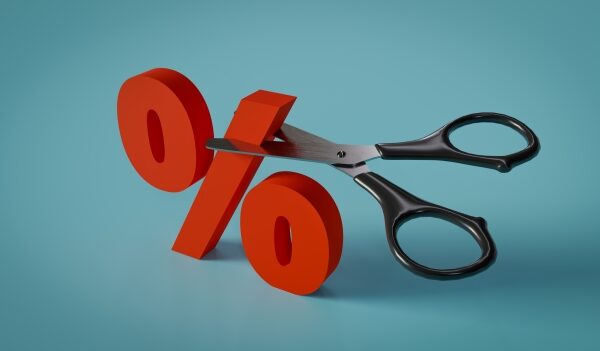
Some companies are keeping share repurchases programs going while many others suspend them.
“We are continuing to buy back stock,” said the treasurer of a cash-rich technology company in mid-March, speaking to peers during a virtual NeuGroup meeting of mega-cap businesses. “We haven’t pulled share repurchases either,” said the treasurer of a large health care company with a very healthy balance sheet and strong cash flow.
- Later that day, a third treasurer told the group that investor Bill Ackman was feeding market panic during an interview with CNBC. In it, he urged US companies to stop their buyback programs because “hell is coming.”
Suspending, scaling. In the month and a half since that day, as the coronavirus effectively shut down the US economy, many companies—including some NeuGroup members—have suspended share repurchase programs because of uncertainty about future cash flows, among other reasons.
- One example: A consumer goods company that reported outstanding quarterly earnings in late April suspended its buyback program and withdrew guidance for 2020. The treasurer said the reasons include concerns about raw materials and—if infection rates spike—manufacturing sites. As a result, the company is “managing liquidity with a very different focus,” he said.
- The capital markets manager of another large-cap company said, “We have a small buyback program in place and we’ve slowed it down over the last few weeks,” adding, “We’re waiting to get direction; the program is not cancelled but scaled back.”
- A member who works at a company that began a repurchase program in late 2019 noted that buybacks in the current political and economic climate are “being frowned upon in some spaces.” He said his company may be scaling back on share repurchases and asked what peers are doing.
- “We discontinued our share buyback program,” one treasurer said. “We think the world will understand.”
Not stopping now. The treasurer of the health care business said in the days leading up to a recent bond offering he was asked several times by investors if the company planned to stop buying back its stock. The answer—no—did not keep the deal from being a complete success, thanks to the company’s strong capital position, among other factors.
- This company plans for its own “rainy day,” he said, adding it would undoubtedly pause the share repurchase program if it ever faced liquidity issues or needed government assistance—not its current situation.
- The company, he said, will stick to its approach to repurchases, which includes buying when the stock trades below what leadership believes is the intrinsic value of the company.
A framework for buybacks. Back in 2018, as buybacks surged following US tax reform and the repatriation of assets, one NeuGroup member shared his three-point approach to designing a framework for repurchases. It involves:
- Achieving stated capital structure goals.
- Updating the valuation thesis regularly, validating repurchase decisions through retrospective analysis and adjusting for market conditions, changing business conditions or other factors.
- Execution: taking advantage of multiple buyback tools to manage through open markets and blackouts, while considering volatility, ADTV, VWAP and other factors to measure program success, bank execution and other factors.


